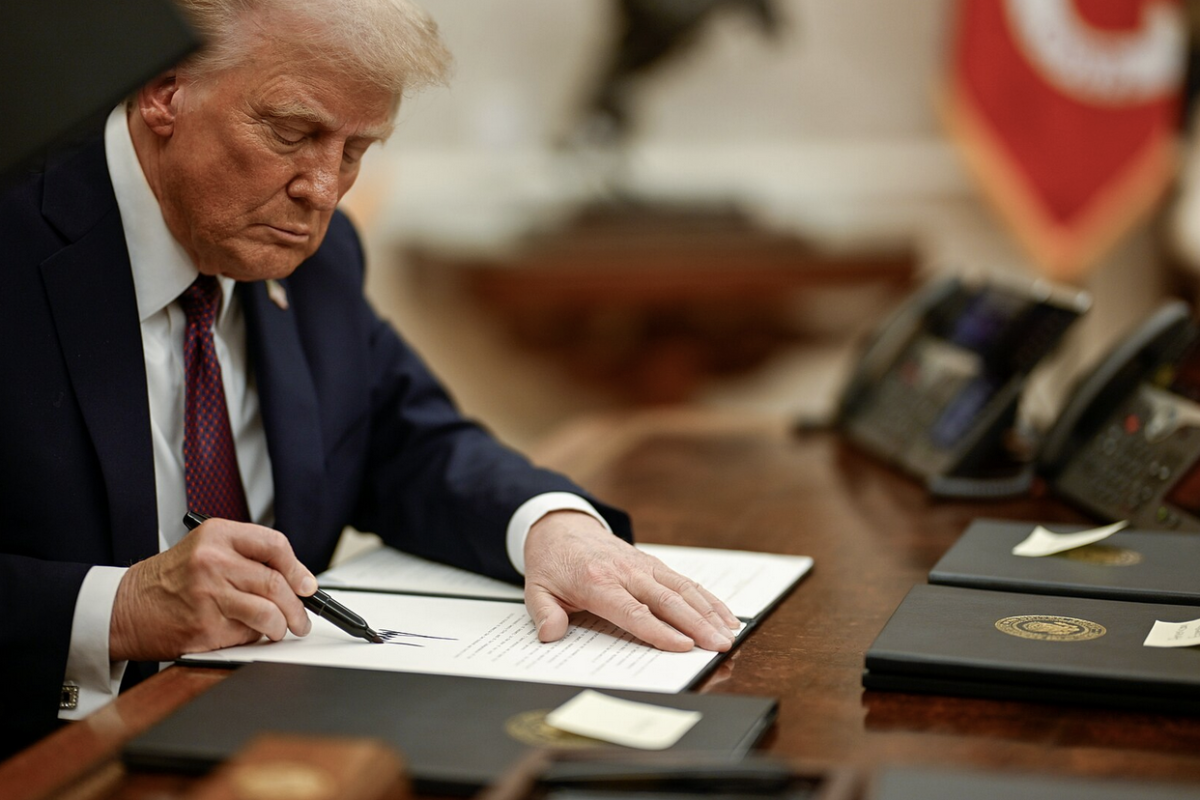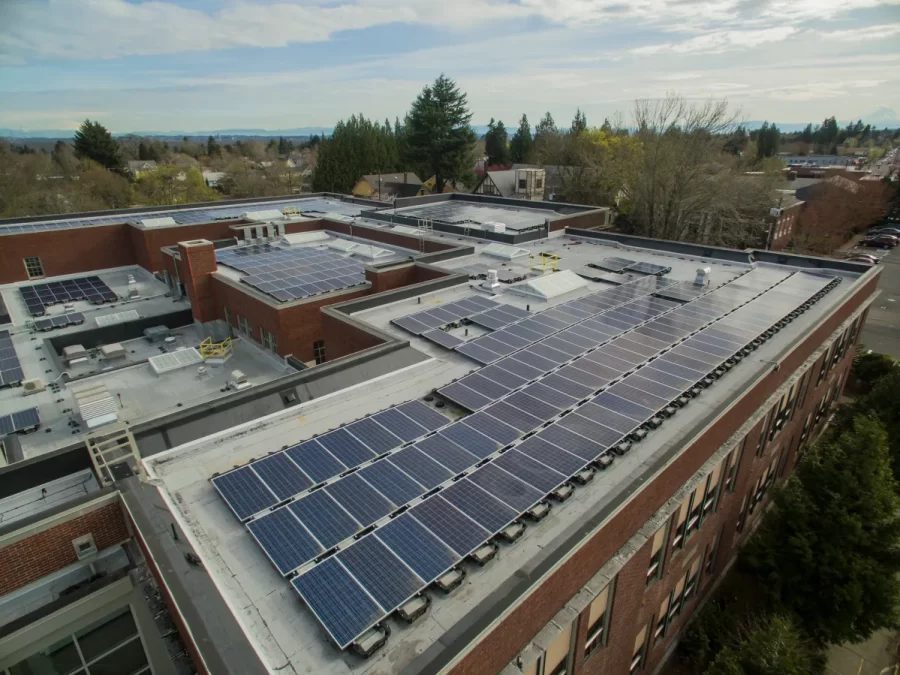Since taking office in January, President Donald Trump has rushed to enact changes, signing more than 75 executive orders, with 26 signed on his first day in office alone. This significant amount of action has been met with no less pushback. Dozens of lawsuits have been filed seeking to stop many orders. On March 1, President Trump signed two executive orders that have particularly been met with outrage from environmental experts.
The two orders call for the immediate expansion of logging in the United States. President Trump declared US reliance on imported wood a national security issue and demanded expansion in tree cutting across 280 million acres of government owned land. The orders instruct the US Forest Service and the Bureau of Land Management to increase logging targets. They also allow for the circumvention of the Endangered Species Act using unspecified emergency powers. The Endangered Species Act currently provides a framework for protecting endangered species and their habitats. It shields over 400 species such as grizzly bears in national forests. The orders also include the claim that more logging will curb wildfires through a “thinning” of the vegetation that could ignite.
However, the two orders are facing criticism. Experts say that this overriding of the Endangered Species Act is most likely illegal. The claim that the orders will reduce wildfires has been recognized as false by scientists, as logging is known to alter the microclimate of forests, creating hotter and drier conditions that help wildfires to spread faster. Environmental activists are especially concerned. Forests cool the air, stabilize soils, regulate the flow of water, and store massive amounts of carbon. Logging negates these benefits, worsening the climate crisis. The Tongass National Forest in Alaska has been identified as being under a particular threat. As the world’s largest intact temperate rainforest, logging will destroy critical habitats for threatened species and degrade biodiversity. Additionally, an increase in logging could potentially pollute the water supply relied upon by millions of Americans. Multiple environmental organizations, such as Earthjustice, have filed major lawsuits against the executive orders in hopes to combat the instruction to immediately increase logging.































